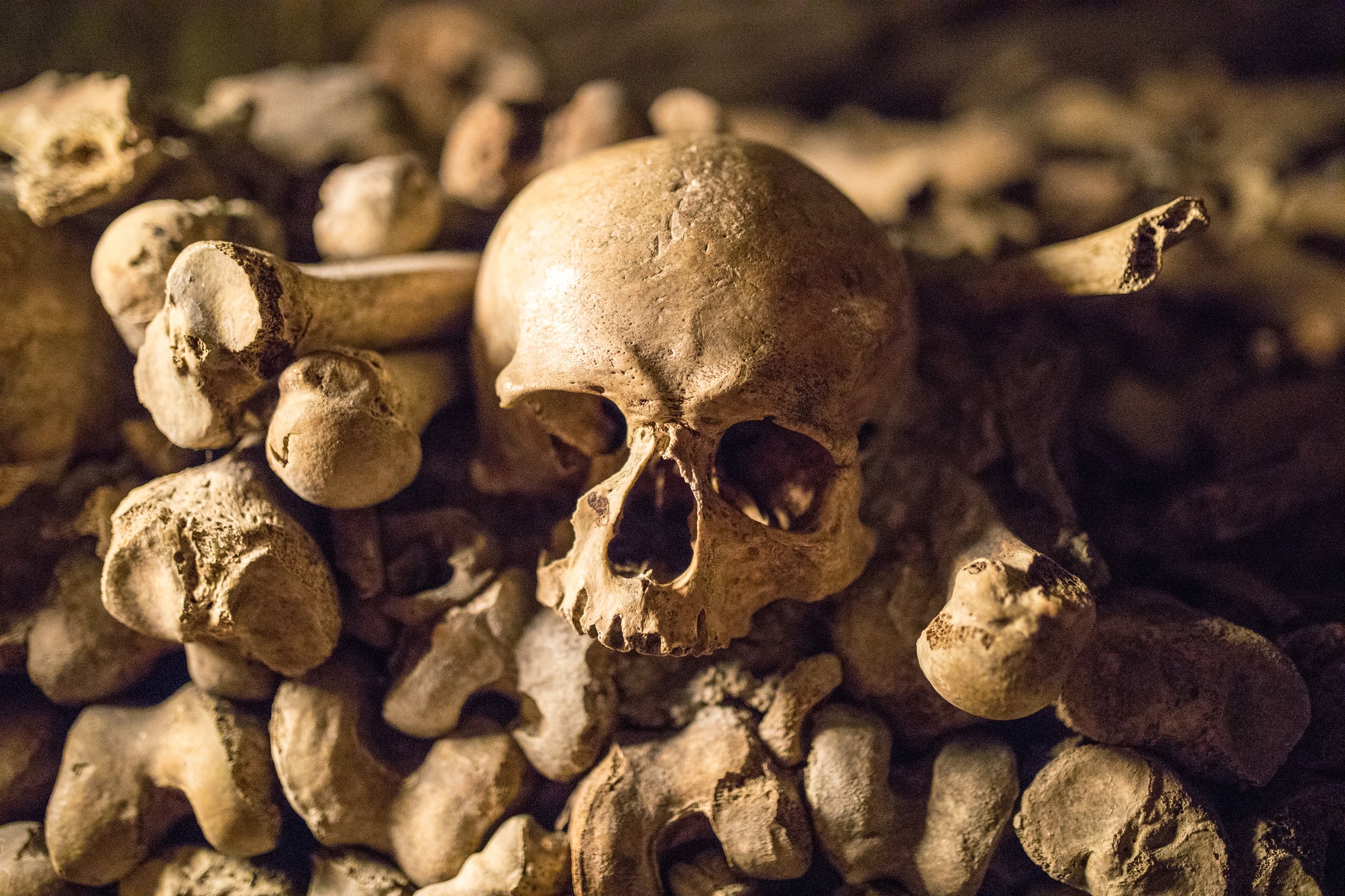
OUR PHILOSOPHY
Growth and development for individuals, couples, and organizations that want to get more out of life.
OUR GUIDING PRINCIPLES
-
Do you want to live a meaningful life? Start by acting like everything you do matters. From how you get out of bed in the morning to how you walk back through the door in the evening. There are no little things. There are no neutral days. See also: virtuosity, doing the common uncommonly well.
-
You will move from the passenger seat of your life to the driver’s seat when you take responsibility for the circumstances in which you live as consequences of your past choices. If you see something broken, take responsibility for fixing it. More on this >> Extreme Ownership by Jocko Willink and Leif Babin
-
The beginning of knowledge is self-awareness. Know that the line between good and evil runs through every human heart. Know your value. Know your faults. This is the beginning of true humility.
-
Latin for “Remember thou art mortal.” To try to approach every day in unflinching awareness of mortality changes the way you live. Many bad habits and vices are rooted in an immature relationship with mortality. The less you avoid your mortality, the richer and more beautiful your life will become.
-
(1) Envision the ideal > (2) Measure the real > (3) Make a plan for change > (4) Practice, experiment, reflect > Repeat. In every stage, (5) always consider the influence of and impact on your social fabric. This is the basic underlying framework of all our coaching and workshops.
-
Everyone is bad at something before they’re good at it. No one is a natural at anything (except, perhaps, for breathing and eating). Therefore approach all pursuits with a belief that you will improve on that which you expend effort over time. Start by identifying the edge of your comfort zone, then introduce moderate voluntary overload, watch your comfort zone expand. More reading on this >> Mindset, by Carol Dweck
-
Everything is connected. You don’t check your home life at the door when you walk into work. You can’t improve as a leader and leave your physical health in shambles. Growth in one area precipitates and also demands growth in other areas. Leadership development is relationship development is emotional development is personal development.
-
Tell the Truth: The truth will set you free. Personal growth requires the courage to face (and tell) the truth. Words create worlds. In all our programs, we teach and encourage telling the truth (or at least not lying).
Be Grateful: Life is short. And beautiful. And tragic. And precious. And not fair. Serious philosophical inquiry tends to yield one of two responses: A) bitterness and resentment, or B) gratitude and service. We are in favor of the latter. We incorporate simple gratitude practices in every program we lead.
Take Action: Taking action is the logical progression of telling the truth and being grateful. We coach and foster action through goal setting and action plans.
-
Nothing originates or ends with you. Your community—the social fabric into which you are woven—is both the source of your energy and vitality and the recipient of your generosity, wisdom, and service. If you do not agree with this, you are not paying close enough attention.
ON FINANCES
-
“The ability to do what you want, when you want, with who you want, for as long as you want, is priceless,” writes Morgan Housel in The Psychology of Money. “It is the highest dividend money pays.”
Most people want have a lot of money in the bank because of the comfort, status, or freedom it affords. But—as countless old rich people have cautioned—stacking money is not a worthwhile pursuit if it comes at the cost of everything else money can’t buy (your health, your love life, your youth, your emotional wellbeing, your friendships, your soul.)
“What do you benefit if you gain the whole world but lose your own soul?” asked Jesus of Nazareth. “Is anything worth more than your soul?”
We live in a world filled with the noise of shouting experts looking for followers and the glorification of big money for little work. Everyone has a framework to sell you. But the truth is: with enough hard work and enough time, anyone can become rich; the real trick is to become wealthy. And wealthy is what we’re after at Skull & Bones Society.
-
Wealth is a narrow path that cannot be wandered onto.
Wealth is the result of applied wisdom, a quiet and grateful heart, values-informed action, and carefully selected guidance. This is deep, slow work. At Skull & Bones Society, we have done our best to make some of this work accessible through resources. And if the path of a wealthy life is one you’re ready to pursue, we want to work one on one with you.
ORIGIN STORY
-
Several years ago Dusty and I visited the catacombs in Paris.
The Catacombs of Paris are a maze of tunnels that hold the skeletal remains of an estimated 6 million Parisians. The catacombs were built for a functional purpose: millions of people have lived (and died) in Paris for nearly two thousand years. By the 18th century, some of the city cemeteries had become overfilled, and the human remains accumulating there needed to be consolidated, both as a public health measure and to better utilize Paris’ real estate for its ever-increasing number of living inhabitants. It took two years of work to dig up Paris’ graves and transport the long-dead bones to the catacombs.
Today the catacombs are a somewhat off-beat tourist attraction. I would contend that a visit here is one of the most profound things anyone can do in Paris.
Upon stepping down the many stairs into the catacombs, one of the first things you’ll notice is the staggering number of bones.
Femurs and longbones are stacked like cordwood, studded with skulls, lining the walls of the underground tunnel system that seems to stretch for miles. The bones of six million people amount to a staggering spectacle.
The second thing you’ll notice is the objective beauty of the place. The bones are… arranged. In columns, pillars, mosaic-like designs on the walls. No mortar to be found between the bones. There’s a chill in the air but no stench and no dampness.
The catacombs are a contemplative place.
It takes about an hour to walk the winding path through the catacombs, and the whole time you’re accompanied by the presence of the many many souls who lived and died and among whose earthly remains you are walking. People who loved. People who worked. People guilty of all the goodness and treachery of the human condition. People who dreamed and laughed and made mistakes and perhaps hurt other people and perhaps helped other people.
Eventually, after staring into enough eyeless skulls, you might make the connection that these skulls are not terribly different from the one you are carrying atop your own neck and inside which you carry every memory, lesson, worry, and dream that makes up your own life.
A few steps further and it might click for you that one day your femurs and longbones and yes, even your skull, will eventually be laid to rest somewhere.
You might ask yourself a worthy question: what would I still like to do between this moment right now and my inevitable death?
If you ask yourself this question, you are engaging in an ancient spiritualist practice known as memento mori. Remembering your mortality.
-
The bitter pill of the human condition is to live in awareness of mortality. One way of dealing with this is by pursuing meaning.
The writings of cultural anthropologist Ernest Becker inspired the concept of Terror Management Theory which suggest that people deal with the terrible spectre of death by upholding worldviews that are larger and longer-lasting than the human lifespan. In the aftermath of Dusty’s dad’s death (2021), we started asking some hard questions about what kind of impact we want our lives to have.
These reflections were a catalyst toward living more intentionally. It’s been a powerful journey and one we want to share and invite others into. So we launched the Skull and Bones Society.
The Skull and Bones Society supports the pursuit of living well, because time is short and life is precious. The name reflects the paradox that though every one of us will face an ultimate and inescapable end, if we live well we also have a little taste of immortality: hope of an afterlife, a legacy to leave behind, and transformation into the future. Through Skull and Bones, we offer coaching, education, and gatherings rooted in our belief that living intentionally—with the end in mind—is the best way to get the most out of life.










